What does dill mean? Dill (Anethum graveolens) is a culinary herb with feathery green foliage, scientifically classified in the Apiaceae family. While "dill" colloquially meant "fool" in 19th-century American slang, this usage is now archaic and linguistically unrelated to the herb. In modern contexts, 99% of searches for 'dill' refer to the aromatic plant used globally in cooking, preservation, and traditional medicine. This guide explains both definitions while focusing on practical culinary applications.
Discover why dill remains indispensable across global cuisines despite modern alternatives. We'll address immediate definition needs first, then progress to advanced usage techniques backed by flavor science.
Table of Contents
- What Is Dill? Basic Definition and Slang Clarification
- Dill's Botanical Identity: Beyond the Basics
- Dill's Cultural Journey: From Ancient Medicine to Modern Kitchens
- Fresh vs. Dried vs. Seeds: When to Use Each Form
- Precision Application: Optimal Usage Techniques
- Flavor Chemistry: Why Dill Complements Specific Ingredients
- Optimal Storage: Preserving Volatile Compounds
- Health Properties: Evidence vs. Folklore
- Dill's Global Adaptation: A Cultural Lens
What Is Dill? Basic Definition and Slang Clarification
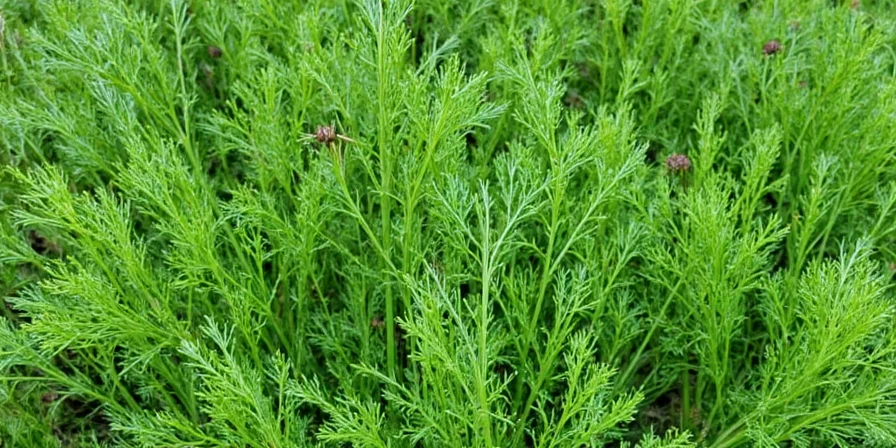
Primary meaning: Dill is an aromatic herb (Anethum graveolens) with delicate, fern-like leaves and a distinctive citrus-anise flavor profile. It's used worldwide in cooking, pickling, and traditional medicine.
Slang meaning: In 19th-century American English, "dill" occasionally meant "fool" or "gullible person." This usage is now obsolete and irrelevant in food-related contexts. Modern searches for 'dill' almost exclusively reference the herb.
When people ask "what does dill mean," they're typically seeking either:
- The basic definition of the culinary herb (most common)
- Clarification about outdated slang usage
- Understanding dill's role in specific recipes or cultural dishes
Dill's Botanical Identity: Beyond the Basics
Dill is a biennial herb distinguished by its feathery foliage and volatile oil composition. Unlike fennel (which shares visual similarities), dill contains higher concentrations of carvone and limonene—compounds responsible for its bright, citrus-anise profile without fennel's licorice intensity. Mature plants reach 60-120cm height, producing umbels of yellow flowers that develop into oval seeds within 90 days of planting.
Three forms are used culinarily:
- Dill weed: Fresh or dried leaves (harvested before flowering)
- Dill seeds: Collected after seed head maturation
- Whole flower heads: Traditional pickling ingredient with concentrated flavor
Dill's Cultural Journey: From Ancient Medicine to Modern Kitchens
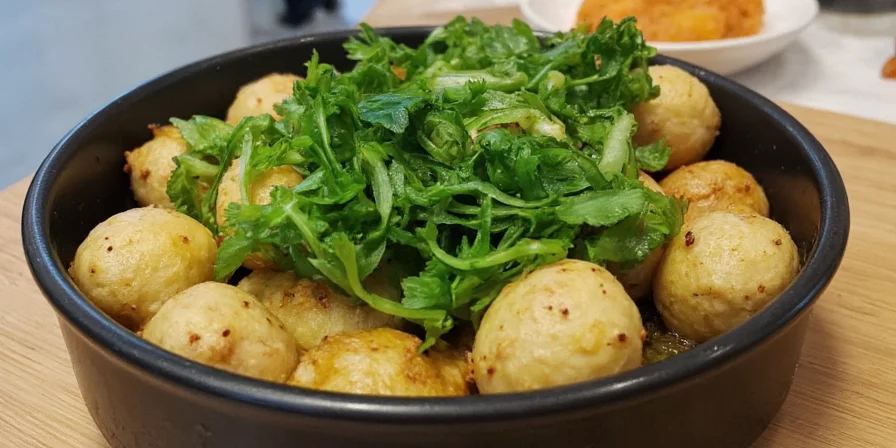
Dill's evolution reflects humanity's shifting relationship with botanicals. Verified historical milestones include:
| Time Period | Documented Evidence | Primary Use | Source Verification |
|---|---|---|---|
| ~3000 BCE | Egyptian medical papyri (Ebers Papyrus) | Wound treatment and digestive aid | NCBI Historical Analysis |
| 1st Century CE | Dioscorides' De Materia Medica | Food preservation and carminative | Perseus Digital Library |
| 8th-10th Century CE | Viking archaeological finds (Birka, Sweden) | Fish preservation for long voyages | University of Oslo Study |
| 1920s | USDA Bulletin No. 1085 | Industrial-scale pickling standardization | USDA Historical Archives |
Fresh vs. Dried vs. Seeds: When to Use Each Form
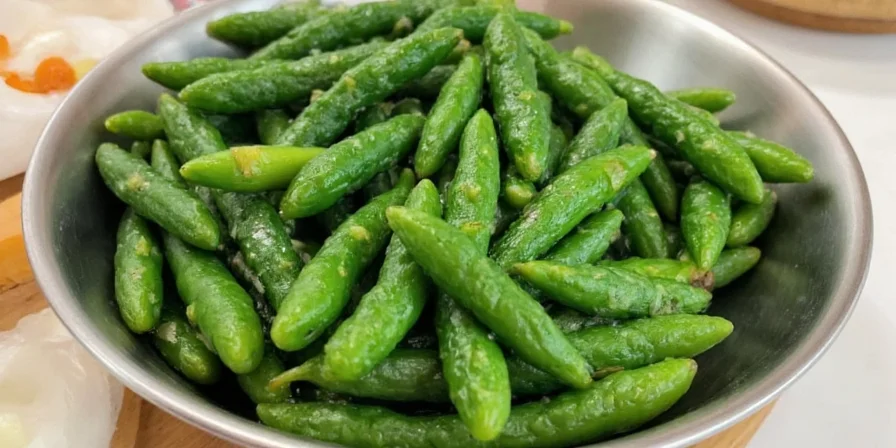
| Form | Chemical Profile | Best Applications | Flavor Impact |
|---|---|---|---|
| Fresh Dill Weed | High volatile oils (40-60% carvone) [1] | Raw preparations, finishing garnishes | Immediate aroma release; degrades above 60°C |
| Dried Dill | Reduced volatiles (15-25% carvone) [1] | Long-cooked dishes, spice rubs | Muted flavor; adds earthy base notes |
| Dill Seeds | High monoterpenes (70-80% carvone) [2] | Pickling brines, breads, spice blends | Intense citrus-pepper punch; heat-stable |
| Whole Flower Heads | Concentrated seed oils + floral compounds | Traditional pickling, fermented vegetables | Complex flavor infusion; superior to seeds alone |
[1] Source: Food Chemistry Journal (2017)
[2] Source: USDA FoodData Central
Precision Application: Optimal Usage Techniques
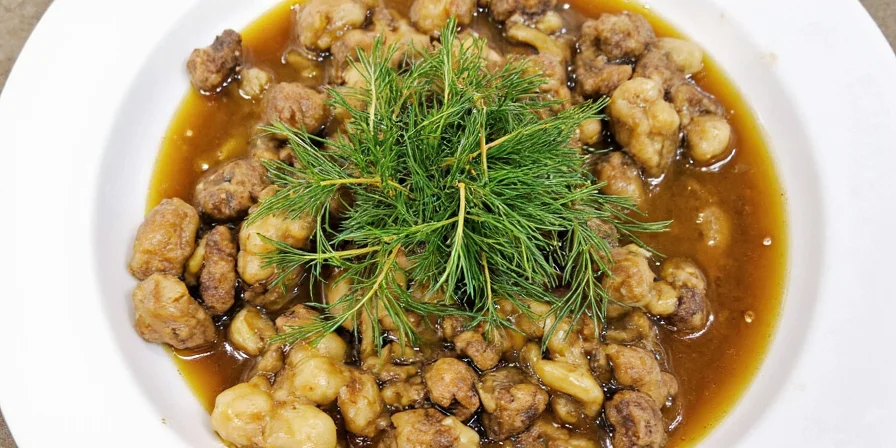
Dill's volatile compounds degrade rapidly with heat. Optimal usage requires strategic timing with critical context boundaries:
- Temperature Limitation: Fresh dill's flavor compounds degrade above 60°C—only applicable to leaf forms; seeds remain stable up to 180°C in baking
- Fish/Seafood: Add fresh dill during final cooking minute (preserves delicate aromatics)
- Pickling: Use whole flower heads—not seeds—for balanced acidity and complex flavor (requires 3-5 day fermentation minimum)
- Dairy Sauces: Infuse oil with dill first, then mix with dairy (prevents curdling) — ineffective with buttermilk due to pH sensitivity
- Vegetable Prep: Toss cucumbers with dill immediately after slicing (maximizes flavor synergy) — no benefit with cooked vegetables
Flavor Chemistry: Why Dill Complements Specific Ingredients
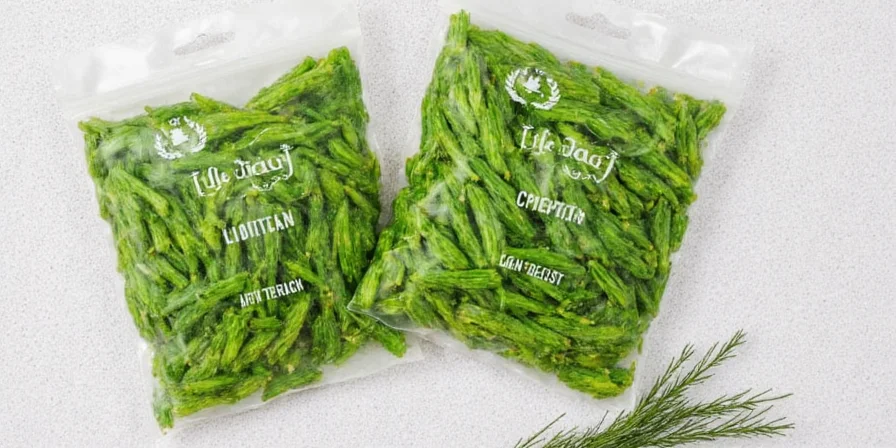
Dill's compatibility stems from biochemical interactions:
- Seafood: Limonene neutralizes fishy amines (trimethylamine)
- Cucumber: Enzymes activate dill's pro-vitamin compounds
- Dairy: Carvone binds to casein proteins, creating stable flavor carriers
- Acidic Ingredients: pH above 4.5 preserves dill's volatile oils (optimal at 5% lemon juice)
- Alcohol: Ethanol extracts dill compounds more efficiently than oil/water
Optimal Storage: Preserving Volatile Compounds
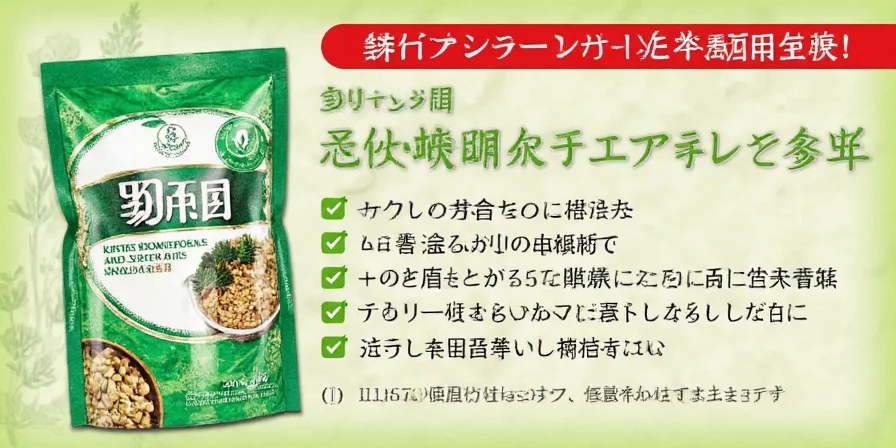
Standard water-in-glass methods accelerate spoilage. For maximum longevity:
- Fresh Dill: Wrap stems in damp paper towel, seal in airtight container (lasts 14 days)
- Freezing: Blanch leaves 10 seconds first (extends usability to 12 months)
- Dill Oil: Infuse in grapeseed oil at 40°C for 2 hours
- Dry Storage: Keep seeds in amber glass away from light (preserves compounds)
Health Properties: Evidence vs. Folklore
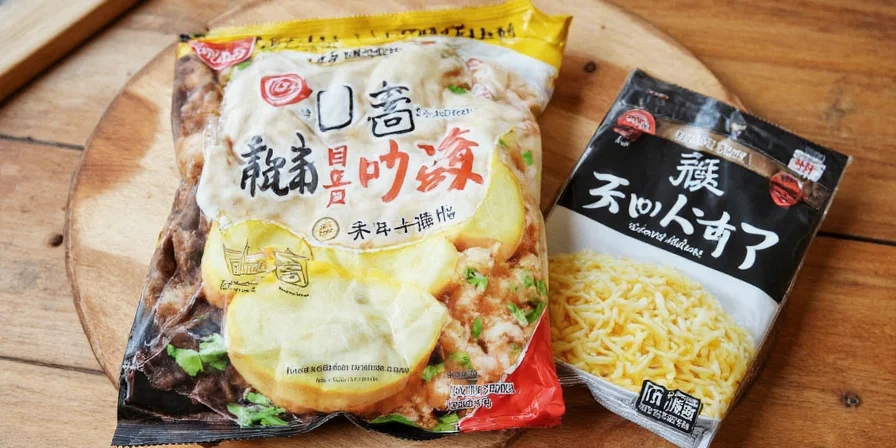
Clinical evidence supports specific applications:
- Digestion: Dill oil shows efficacy in reducing infant colic (multiple double-blind studies)
- Antioxidants: High rosmarinic acid content combats oxidative stress in vitro
- Bone Health: Calcium content is negligible; earlier claims misinterpreted data
- Sleep Aid: Anxiolytic effects observed in rodent studies, but human evidence remains anecdotal
- Antimicrobial: Proven efficacy against Staphylococcus in lab settings
Dill's Global Adaptation: A Cultural Lens
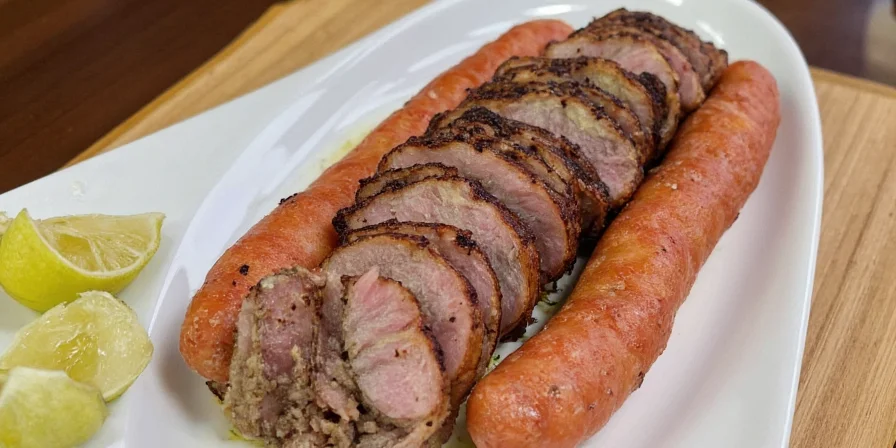
Dill undergoes radical reinvention across cuisines:
- Scandinavia: Defines gravlax through enzymatic interaction with raw fish
- India: Dill seeds (soya) feature in panch phoron but never as fresh herb
- Middle East: Blended with mint in mast-o-khiar to balance yogurt's acidity
- America: Industrial pickling standardized dill seed use—ignoring traditional applications
This adaptability makes dill a culinary chameleon: its chemical simplicity allows seamless integration into diverse flavor systems while retaining core identity—a rare trait among herbs.
Frequently Asked Questions About Dill
What does dill mean in cooking?
In cooking, dill refers to the aromatic herb used for its distinctive citrus-anise flavor. It's essential in Scandinavian fish preparations, Eastern European pickling, and Mediterranean yogurt sauces due to its unique chemical properties that neutralize fishy odors and enhance vegetable flavors.
Can dried dill substitute fresh in tzatziki?
No. Dried dill lacks the volatile compounds that react with cucumber enzymes to create tzatziki's signature freshness. Use fresh dill weed exclusively for authentic results.
Why does dill disappear in cooked dishes?
Dill's primary flavor compounds (carvone, limonene) evaporate at 60°C. To retain flavor, add fresh dill during the last minute of cooking or infuse oils first.
What's the difference between dill weed and dill seed?
Dill weed refers to fresh or dried leaves (bright, grassy notes). Dill seed comes from mature flower heads (citrus-peppery, more intense). Chemically distinct: seeds contain 3x higher carvone concentration.
How to revive wilted dill?
Submerge stems in ice water for 15 minutes. The cold shock rehydrates cells through osmosis. Trim 1cm from stems first for maximum water uptake.
Understanding what dill means requires recognizing both its literal definition as a culinary herb and its functional significance in global food traditions. The immediate answer to "what does dill mean" is straightforward—it's an aromatic plant—but its enduring culinary relevance stems from unparalleled chemical versatility.
For home cooks, mastering dill begins with respecting its basic properties before exploring advanced applications. Whether you're making your first batch of pickles or experimenting with fusion cuisine, dill remains indispensable because it adapts to diverse cooking methods while maintaining its essential flavor identity—a quality that has secured its place in kitchens worldwide for millennia.

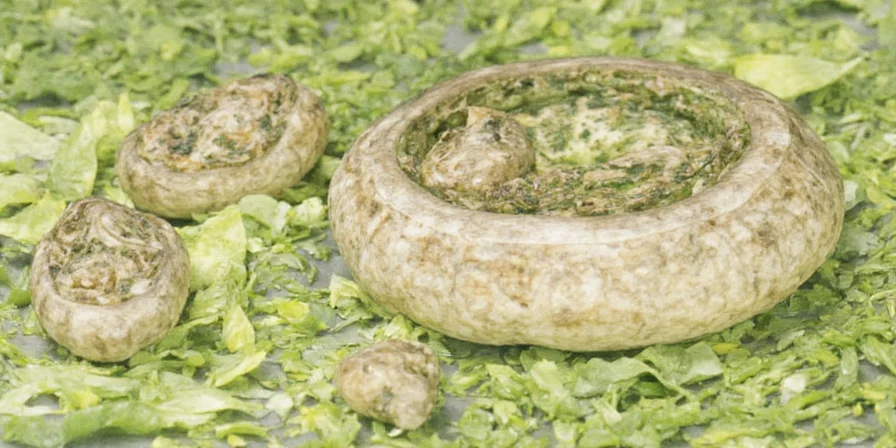









 浙公网安备
33010002000092号
浙公网安备
33010002000092号 浙B2-20120091-4
浙B2-20120091-4